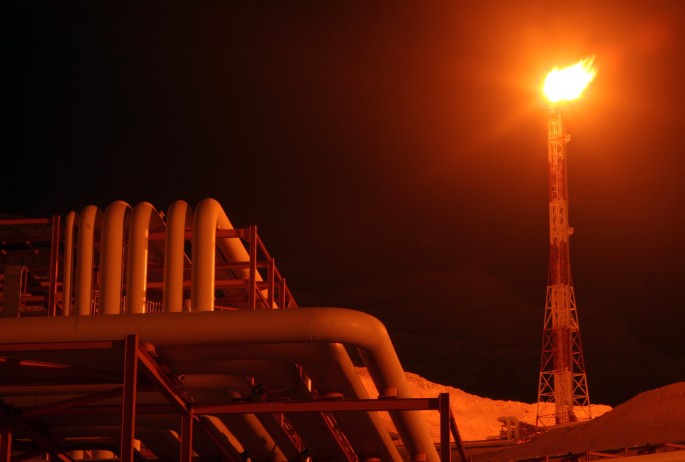One of the most prominent events of 2015 would the breakthrough achieved between Iran and the P5+1, namely the United States, the United Kingdom, France, Russia, China and Germany over Iran's nuclear weapons research program.
Iran is heavily dependent on oil exports for generating national income. Once the economic sanction is lifted, the country will be able to engage in trade freely and export its oil produce to world.
Also, Iran is said to have a stash of 30 million barrels of crude oil that has not reached the world market. This oil stash is safely stored in the fleets of oil tankers possessed by Iran. Once this untapped oil resource reaches the world market, the price of the oil barrels will drop further from $50 a barrel to an estimated value of $20 a barrel.
There already has been a decline in oil prices which has made it difficult for Iran by putting a slash on their national income. Once the nuclear deal with Iran is finalized, it will lead to lifting of sanctions against the country and a further reduction in oil prices . This will give a boost in the global economy and a boon for all those countries that have been urging Iran to disarm, according to Vox.
With its potential of being one of the biggest economies of Middle East, Iran has been frozen out with a sanction declared by the West due to its refusal to give up the research on nuclear weapons. With the renewal of economic relations with Iran, the oil industry will open up.
Tehran holds nine percent of the world's oil reserves which makes it an oil goldmine. Due to the economic sanctions against Iran, there was no access to technology and investment which would have assisted in the increase of oil and natural gas production output, according to The Telegraph.
Oil giants like Royal Dutch Shell and Total had previously been active in the country and will return once the sanctions are lifted and oil development contracts are negotiated.






















